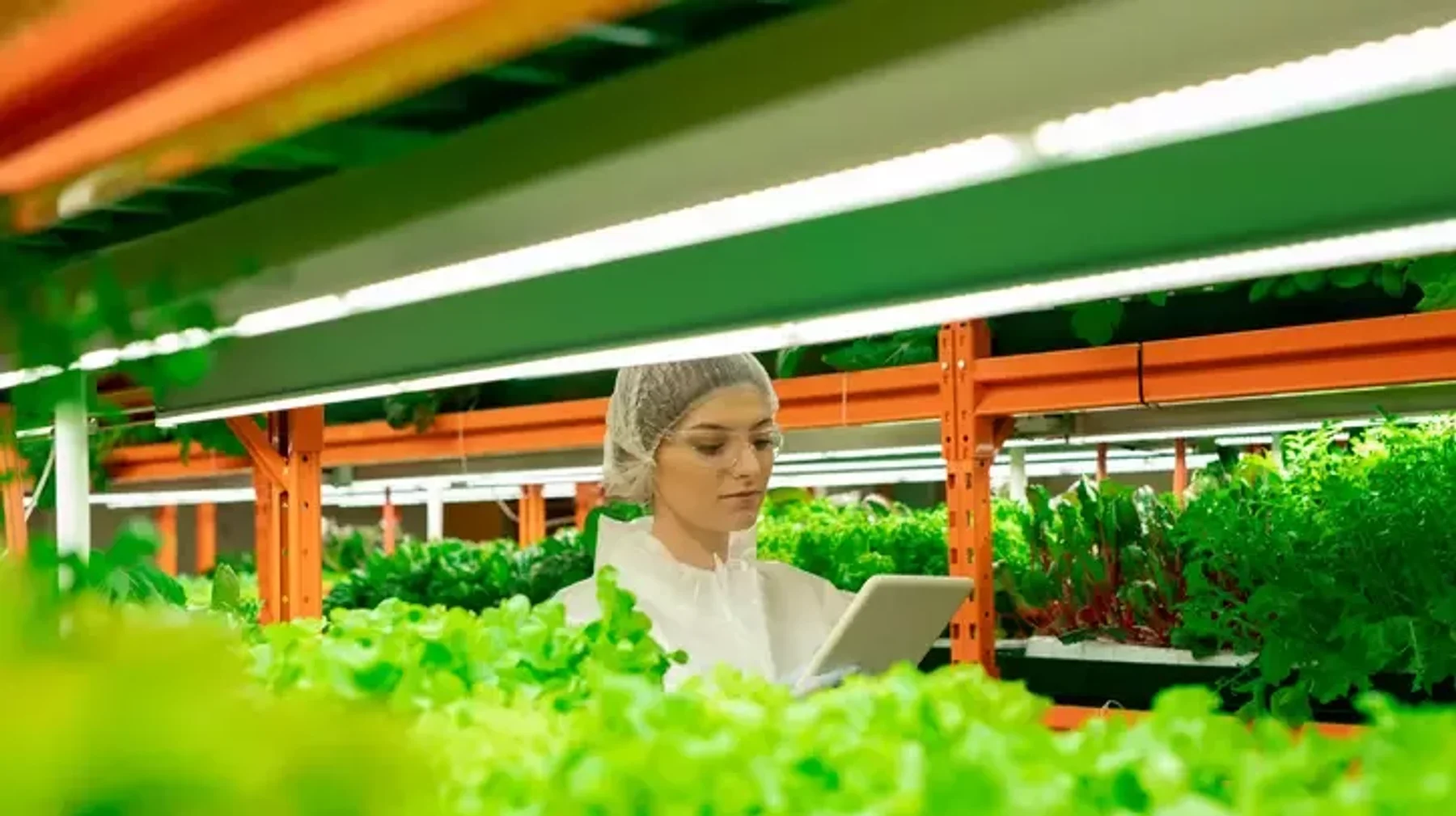Pittsburgh Embraces Vertical Farming to Combat Food InsecurityPittsburgh Embraces Vertical Farming to Combat Food Insecurity In response to the persistent issue of food insecurity, Pittsburgh is pioneering the implementation of vertical farming as a sustainable and equitable solution. Vertical farming involves the controlled environment cultivation of crops in stacked layers, utilizing advanced technologies to optimize growth and minimize resource consumption. Addressing Food Deserts Pittsburgh has numerous low-income neighborhoods classified as “food deserts,” where residents lack access to fresh and affordable produce. Vertical farming offers a localized solution by providing year-round harvests in dense urban areas. By establishing vertical farms in these communities, Pittsburgh aims to bridge the nutritional gap and improve the health and well-being of its residents. Environmental Sustainability Vertical farming is a highly sustainable practice. Its controlled environment reduces the need for pesticides, herbicides, and water compared to traditional farming methods. Vertical farms also have a reduced carbon footprint as they operate indoors, eliminating transportation emissions. Technology and Innovation The University of Pittsburgh has played a leading role in advancing vertical farming technology. Researchers have developed innovative lighting systems, nutrient delivery mechanisms, and automated climate control systems to optimize crop growth. These advancements enable vertical farms to produce a wide variety of high-quality crops with minimal environmental impact. Community Engagement Pittsburgh is committed to ensuring that vertical farming benefits the entire community. Local organizations and nonprofits are collaborating to establish vertical farms in community centers, schools, and other public spaces. This decentralized approach promotes food sovereignty and fosters a sense of community ownership. Economic Impact Vertical farming has the potential to create new jobs and stimulate economic growth. By establishing vertical farms in Pittsburgh, the city is investing in a sustainable industry and providing new opportunities for entrepreneurs and urban farmers. Conclusion Pittsburgh’s embrace of vertical farming is a testament to the city’s innovative spirit and its dedication to addressing food insecurity and promoting environmental sustainability. By harnessing the power of advanced technology, Pittsburgh is leading the way in providing equitable access to fresh and nutritious food for all its residents while creating a more sustainable and resilient future.
Posted inNews
